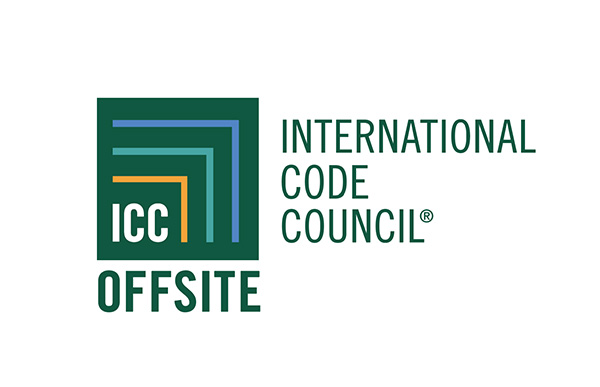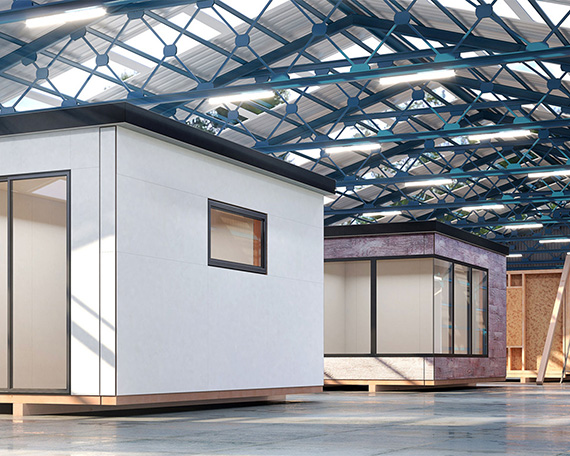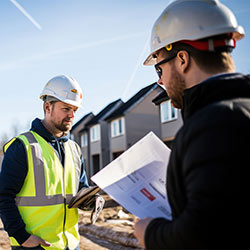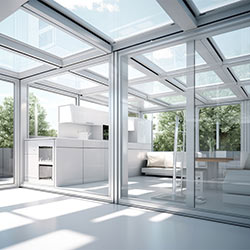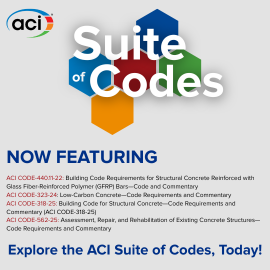What is Off-Site Construction?
Unlocking Affordable, Efficient, and Sustainable Buildings with International Code Council Off-Site Standards
Welcome to the Future of Construction
The International Code Council (ICC) is leading the charge in transforming the landscape of affordable, resilient, and sustainable buildings. Civic leaders have the power to shape the future of their communities, and the International Code Council’s off-site construction standards offer a key solution. Join us in embracing a more efficient, cost-effective, and sustainable approach to building the residential and commercial properties your communities need.
Why Off-Site Construction Matters
In the face of a housing crisis that has left millions struggling to find affordable homes, off-site construction emerges as a viable approach. Off-site construction, also known as modular or prefabricated construction, offers a residential and commercial building solution that is not only faster and more cost-effective, but also environmentally sustainable.
Exploring the Standards
Explore the Code Council’s off-site construction standards to bolster your understanding and implementation of off-site construction practices.
Construction Intelligence
It’s Not Just About Building Faster, It’s About Building Smarter
Off-site construction involves assembling components or entire houses and buildings in a controlled factory environment before bringing them to the final job site.
Cuts construction time by
20% to 50%
Provides cost-savings
up to 20%
Sustainability
Off-Site Construction Proves Sustainable Can Be Affordable
With reduced waste and lower carbon footprints, off-site construction aligns economic benefits with environmental stewardship.
Reduces wastage rates
and enhances sustainability
Delivers up to 45%
embodied carbon savings
The Regulatory Challenge
Navigating Regulatory Complexity in Off-Site Construction
Currently, a patchwork of state and local regulations hampers the widespread adoption of off-site construction. This inconsistency poses a significant barrier, hindering the efficiency and regional delivery of housing solutions.
Barriers
Regulatory Roadblocks in Off-Site Construction
Varying Regulations
Different regulations from state to state and locally hinder regional housing solutions.
Efficiency Gaps
Lack of understanding hampers project efficiency.
Local Oversight
Where left to local regulation, a lack of resources and experience can impact efficiency.
Projects Delayed
Adequate staffing and required inspections of distant facilities delay project approvals.
Increased Costs
Varying regulations and lengthy approvals limit market participants and economies of scale.
Solutions
The Code Council’s Leading Approach to Safe Off-Site Construction
Safety Pioneer
Code Council standards build off the industry-leading International Codes.
Standards Consistency
Initiatives like ICC/MBI Standards ensure consistency for the best practices.
Process Harmony
Cost savings through economies of scale, and improved safety via a standardized approach.
Uniform Efficiency
Greater consistency fosters a uniform understanding, expediting project processing.
Regulation Simplified
Overcoming the regulatory patchwork for a safer, cost effective, cohesive approach.
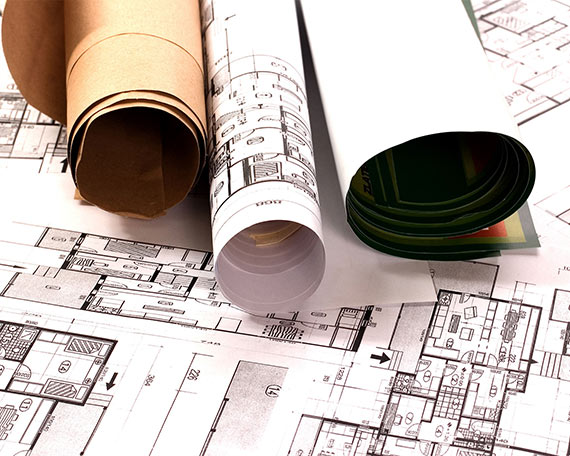
Championing Change Through Consistency
Recognizing the need for change, visionary jurisdictions including Salt Lake City, Utah, and the Commonwealth of Virginia have adopted new standards, paving the way for consistency in the off-site regulatory process. Now, the International Code Council and the Modular Building Institute are championing a national initiative to bring these standards to the forefront.
What Does Off-Site Mean for You?
As off-site construction regulations undergo transformation, their impact resonates across diverse sectors, benefiting homeowners in search of affordability, builders striving for efficiency, businesses poised for growth, and communities envisioning increased resilience and sustainability. Discover how these standards align with varied needs, creating a landscape of innovation, sustainability, and progress.
Homebuyers and Building Owners
- Experience enhanced quality and increased speed to completion.
- Gain assurances that projects adhere to the same codes and requirements as site-built projects.
- Experience lower construction costs.
Community Leaders and Government Officials
- Can help address housing shortages, promote economic growth, and advance sustainability.
- Experience less community disruption as projects are constructed.
Builders and Developers
- Optimize construction processes for efficiency and cost savings.
- Address challenges in workforce availability.
- Explore new opportunities for sustainable and affordable housing.
Off-Site Manufacturers
- Achieve regulatory consistency to streamline operations and expand market reach.
- Enhance market acceptance of off-site construction solutions.
Understanding and engaging with these diverse audiences is crucial for the successful adoption and implementation of off-site construction regulations. It involves building consensus, addressing concerns, and promoting the benefits that the changes can bring to each group.
Future-Ready Construction
Communities need buildings that are affordable, resilient, and sustainable. Within the Code Council's off-site construction standards, you don’t have to compromise. Let’s work together to build a future where efficient, cost-effective, and sustainable housing is within reach for all. The time for change is now, and the International Code Council is leading the way.
Ready to Make a Change?
Get in touch to learn how adopting off-site standards can revolutionize the way your community builds homes.
Code Council Off-Site Solutions
Dive into the details and discover the transformative potential of off-site construction.

